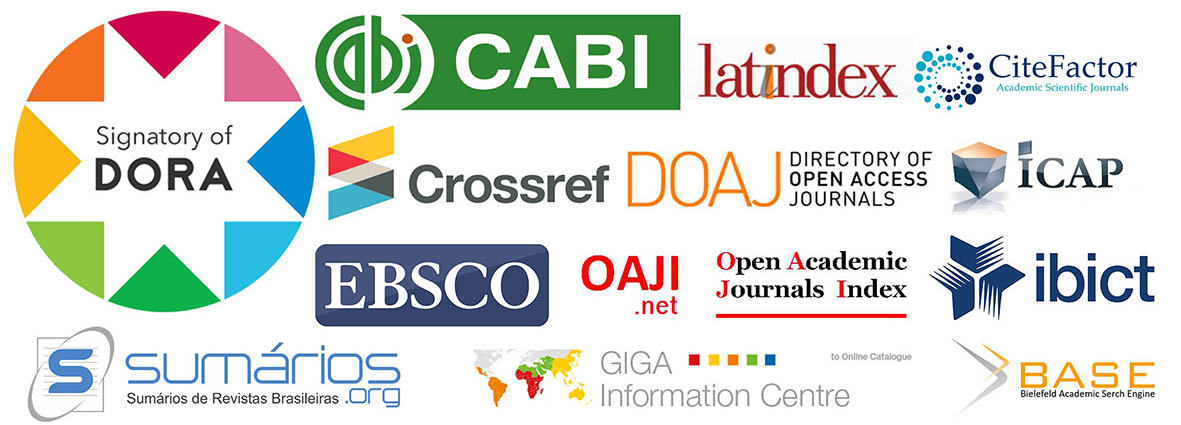Payayá Teaching: indigenous and geographic education to alterity
DOI:
https://doi.org/10.5752/P.2318-2962.2023v33n73p434Keywords:
Decolonial Pedagogy, Antiracist Education, Coloniality, Geographic AlterityAbstract
In the movements against coloniality, a decolonial education gains meaning, in the Brazilian horizon, as affirmative actions that promote an antiracist education and for diversity. This is a set of actions that demand more than epistemological changes, as they collide with fundamental questions of the relations of identity and difference, of the constitution of the Self and the Other traversed by Eurocentric Humanism. Geographical Education, in particular, has the challenge of questioning the coloniality among the geographic discourse, which reproduces Western hierarchical systems that are at the base of the very formation of the Brazilian territory and society. Thinking about an indigenous education, therefore, may receive another dimension if we reverse the direction of action: not from academic-scientific knowledge to traditional communities, but from the irruptions that break with the centrality of the subject of modern knowledge. In this sense, this paper argues the potentiality of Payayá Teaching, an indigenous community from the interior of Bahia, for the construction of indigenous and geographic educational processes that turn to radical Alterity, in which the geographic itself is also an Other.
Downloads
Downloads
Published
How to Cite
Issue
Section
License
Os autores que publicam neste periódico concordam e aceitam os seguintes termos:
- Os autores declaram que o trabalho enviado para publicação não infringe direitos autorais e/ou outros direitos de propriedade de terceiros e que a divulgação de imagens (caso as mesmas existam) foi autorizada ou são citadas adequadamente, assumindo integral responsabilidade pelo conteúdo do trabalho perante terceiros.
- Autores estão autorizados a assumir contratos adicionais separadamente, para distribuição não-exclusiva da versão do trabalho publicada nesta revista (ex.: publicar em repositório institucional ou como capítulo de livro), com reconhecimento de autoria e publicação inicial nesta revista.
- Autores têm permissão e são estimulados a publicar e distribuir seu trabalho online.
Authors who publish in this journal agree and accept the following terms:
- The authors declare that the work submitted for publication does not infringe copyright and / or other proprietary rights and the dissemination of images (if there are any) has been authorized or are cited properly, assuming full responsibility for the content of the work to third parties .
- Authors are allowed to take on additional contracts separately, non-exclusive distribution of the version of the paper published in this journal (ex .: publish in institutional repository or as a book), with an acknowledgment of its initial publication in this journal.
- Authors are permitted and encouraged to post their work online.


 Português
Português English
English

